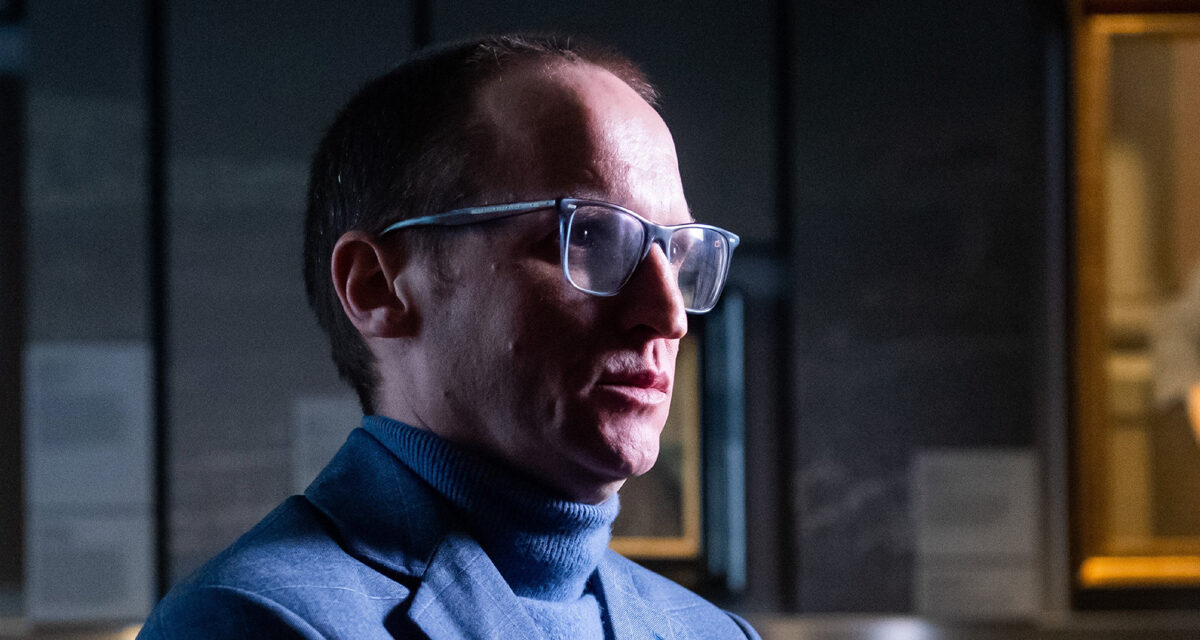This is not the "György Méhes case", but the case of all of us - because we were cowards, compromisers, and preferred not to talk about what happened before '90. Written by Demeter Szilárd.
Let's start with the fact that the Méhes case does not exist.
Hypocritical moralizing, well, there is that, almost three and a half decades of false silence, relativization, there is that too.
No matter how much the left-liberal restaurant industry wants it to be. Transatlátszó recently wrote in vain that the father of businessman Elek Nagy, who was among other things one of my favorite authors from my childhood under the pen name György Méhes, cooperated with the Romanian communist secret service, the infamous Sekuritáte. And that Elek Nagy does not want to cultivate his cult of writing in such a way that he donates visible amounts of his own wealth to the support of Hungarian literature, among other things he founded a prize named after his father, which is awarded on a professional basis to the Hungarian creator who is considered worthy.
And this together, according to moralists, can already be placed somewhere between capital crime and crime against humanity.
What Elek Nagy does with his own money is his business. It is up to the nominees to accept the award he founded. For example, I would not accept an award named after György Lukács, but this is my choice of values, I would not judge others for accepting it. And the topic could be closed here, if you didn't show Elek Nagy and his father too much. This story is important not only because it puts moral pressure on Transylvanian Hungarian literature and its institutional system, but also because
this is not the case of Méhes, not the case of Elek Nagy, but the case of all of us, which we successfully smeared after the system change.
We were cowards, compromisers, we preferred not to talk about what happened before 1990. Yet it is precisely our decades of cowardice and compromise that prove that, together with the system, we ourselves have not changed that much, and everyone is still an eye in the chain. They listened, we listened even then and afterwards.
Now and then and for decades afterwards, the moral whip is being wielded by the mute.
Years ago, during a speech on a similar theme, I quoted the brilliant poet and playwright János Székely, György Méhes's peer and fate: "For example, there was a painful period in my life when I had only one goal: to get my father out of prison. In order to do this (and subsequently) I committed, admitted, wrote anything - they could hardly ask me for such a critical task that I didn't fulfill immediately!"
In my response to a , I continued as follows:
János Székely had the courage to admit this "anything" in 1991, let it really mean anything, and then hang up - well, that's more respectable. After 1990, many of his colleagues kept quiet about their cooperation with the violent organizations of the communist dictatorship, but since then it has been revealed in black and white that "they committed, admitted, wrote about anything". Some have since died and taken their shame to the grave, others live here among us and act as if the past has been completely erased.
I've been saying for decades that we need to tell these stories.
We cannot pretend that nothing happened before 1990. The legacy of communism will live with us until we do. Elek Nagy undertook (even before the scandal erupted!) that he would follow up on his father's story, and would even make sacrifices to tell the researchers all possible stories.
I can only approve of this.
The example of Elek Nagy is also a good example in another sense: according to my guess, if the heirs/descendants of everyone who cooperated with the communist secret services (or even the people involved who are still listening to this day) did a quarter as much for Hungarian literature as Elek Nagy,
then the Hungarian writers would be living in Canaan.
Or we should not expect such a thing. I would even agree if all moralists subscribed to literary magazines. Even with that, contemporary Hungarian literature would be better.
Featured image: MTI/Zoltán Balogh













